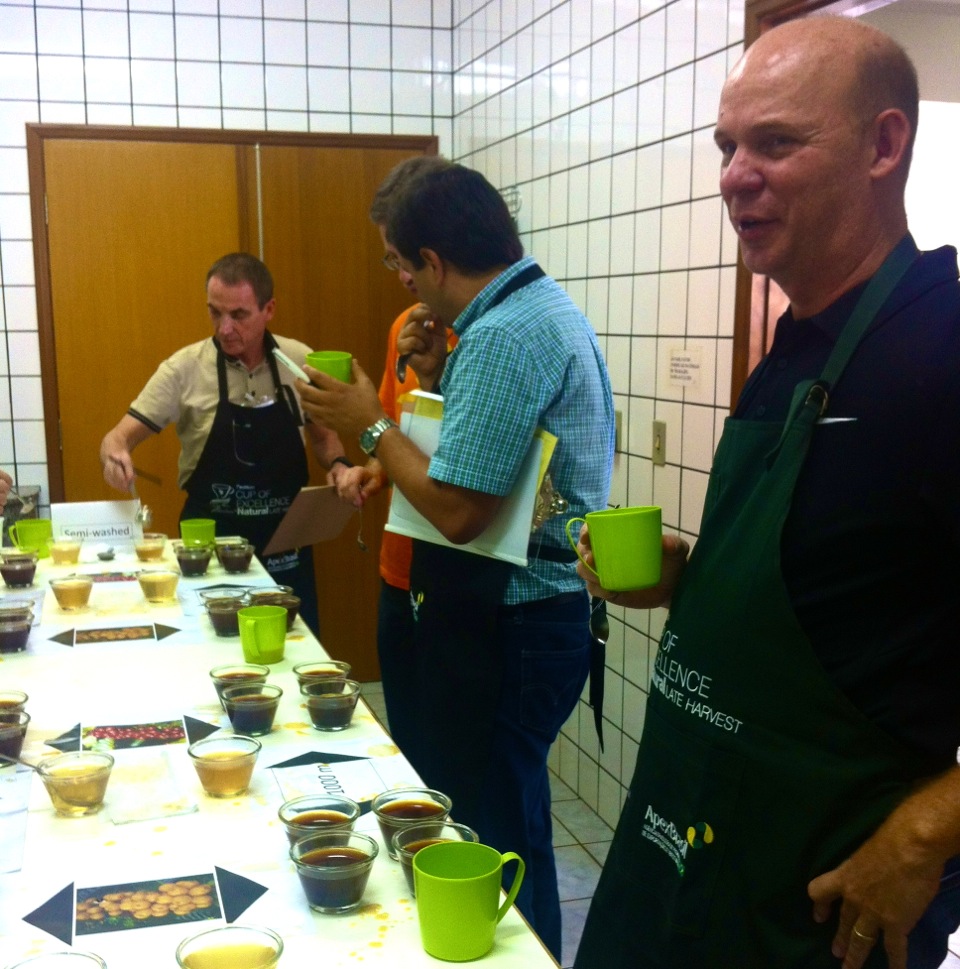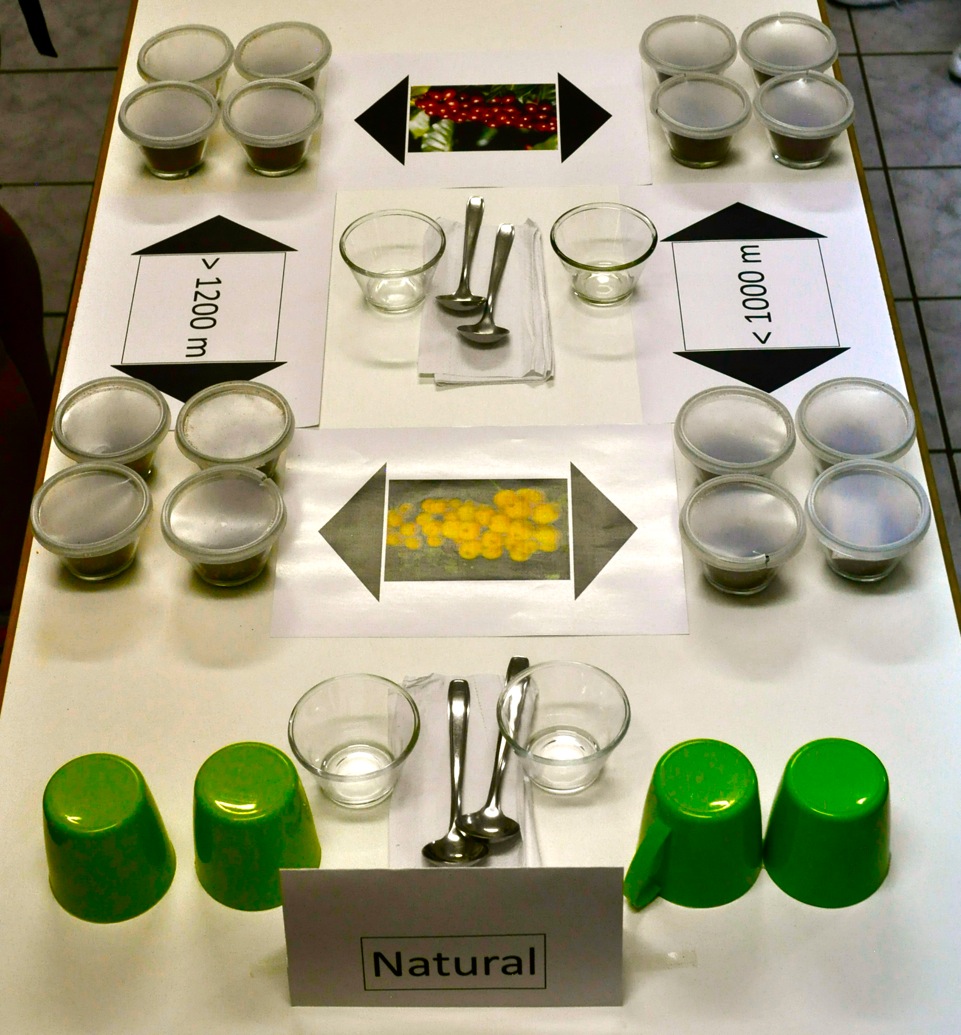As mentioned in our post about the upcoming event in Paris, Flávio Borém from the University of Lavras, Brazil, will be joining us to present his groundbreaking work on natural processing and coffee quality. This will be the first time Flávio will present his work in Europe and is a unique opportunity to put yourself at the forefront of coffee research. Because of its status as the world's largest producer of arabica, Brazil is a producing country that is always in focus. In recent years, the coffee trade has become more and more about targeting specific markets, whether micro-region, species variation or processing method.
"Natural processed" coffee represents 80-85% of all coffee exported from Brazil. But much of this coffee is disregarded as inferior in quality and taste, compared to coffee processed through other methods. Yet there are, increasingly, more and more examples of fantastic natural processed coffees. To such an extent that roasters are beginning to pay more attention to naturals and the Cup of Excellence program arranged its first naturals competition this year. We now have increasing experiential evidence that very clean and interesting naturals can be found in Brazil, but this leads to some important and fundamental questions: What factors are contributing to these superior lots? How, specifically, can producers change and control their practices in order to produce great naturals?
Over the last three years, Mr. Borém has been collecting and analyzing data about how a coffee's processing environment affects cherry development and maturation. He and his team have been looking at many different variables (e.g. whether coffee bushes are grown on the sunny or shady side of a slope; effects of different altitudes; different humidity levels in dried coffee; temperature of coffee during drying, etc.) and how these affect the final cup profile. During his presentation in Paris, he will focus on the role of processing - and some of the many factors involved - on quality and flavour. The processing of high quality naturals is a very complex endeavour - something that may seem evident due to the fact that it has been difficult to find high quality naturals - but if certain variables are taken into account, it is possible to manipulate specific factors in processing, to yield better quality coffee.
Flávio's research and the questions it raises (as well as addresses) have some very important and practical implications for the coffee industry in Brazil. For one thing, natural processing represents a potential risk to the farmer, should he/she choose to process this way. But if it's risky to produce naturals, why devote time, effort and study to it? Amongst many reasons, natural processing has a long history and tradition in Brazil, while mechanical wet processing was not common before about 20 years ago. A very practical reason for natural processing is that there exist many places where it is necessary to process in this way, due to a lack of water resources. Perhaps most importantly from a buyer's perspective, naturals can possess very good characteristics such as intense aromas, sweetness, fruity flavors and a rich mouthfeel. The list of factors and debates related to this topic are truly endless.
Don't miss out on the opportunity to hear more about and debate on this important and fascinating research! Contact info@collaborativecoffeesource.com for more details on how you can participate.




